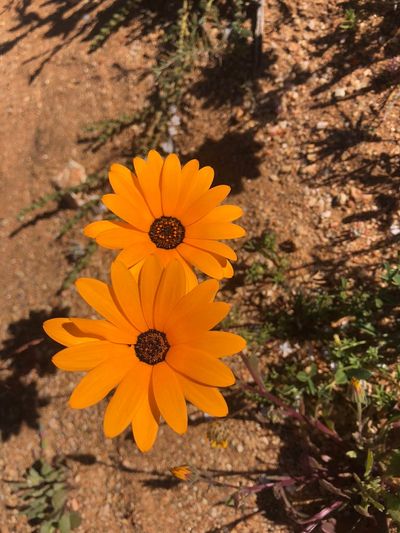Cape marigold propagation is easy if you can provide plenty of sunlight and well-drained soil. Let’s learn how to propagate African daisy!
Propagating Cape Marigold Plants
Cape marigold grows in most well-drained soils, but it prefers loose, dry, gritty, poor to average soil. Cape marigold propagation isn’t as effective in rich, damp soil. If the plants germinate at all, they may be floppy and leggy with minimal blooms. Full sunlight is also critical for healthy blooms.
How to Propagate African Daisy
You can plant cape marigold seeds directly in the garden, but the best time depends on your climate. If you live where winters are mild, plant in late summer or fall for blooms in spring. Otherwise, propagating cape marigold by seed is best in spring, after all danger of frost has passed. Simply remove weeds from the planting area and rake the bed smooth. Press the seeds lightly into the soil, but don’t cover them. Water the area lightly and keep it moist until the seeds germinate and the young plants are well-established. You can also start cape marigold seeds indoors about seven or eight weeks ahead of the last frost in your area. Plant the seeds in loose, well-drained potting mix. Keep the pots in bright (but not direct) light, with temperatures about 65 degrees F. (18 C.). Move the plants in a sunny outdoor location when you’re sure all danger of frost has passed. Allow about 10 inches (25 cm.) between each plant. Cape marigold is a prolific self-seeder. Be sure to keep the blooms deadheaded if you want to prevent spread.
